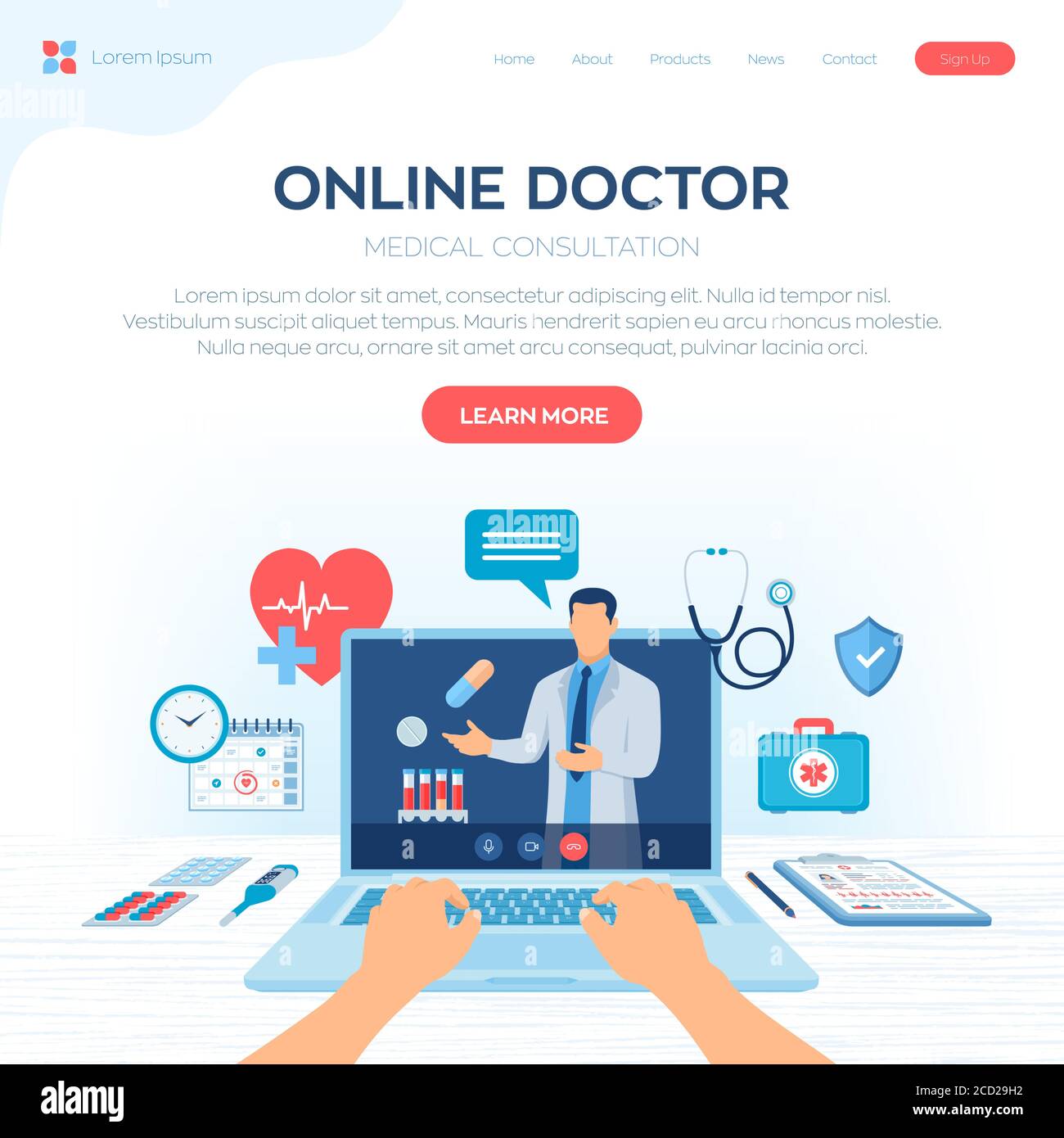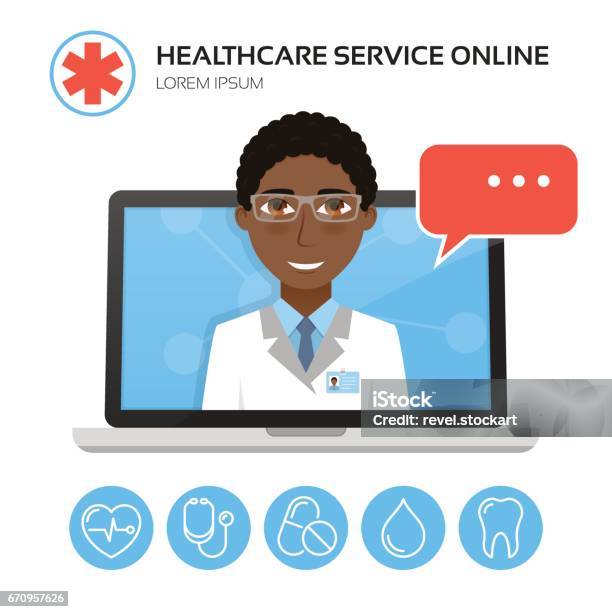The Increase of Subscription-Based Medical Care and Its Influence on Individual Treatment
As healthcare develops, the subscription-based design is acquiring traction, promising to reinvent patient care by supplying predictability and ease of access. The capacity for these designs to improve medical care shipment elevates pushing inquiries concerning their long-lasting sustainability and inclusivity. Are these membership solutions the future of health care, or do they take the chance of leaving vulnerable populaces behind?
Comprehending Membership Health Care Designs
Comprehending the idea of subscription medical care versions entails analyzing a transformative strategy to clinical solutions that stresses price and availability. These versions, often referred to as straight primary care (DPC) or concierge medicine, have actually become cutting-edge alternatives to standard fee-for-service healthcare systems. Membership health care enables clients to pay a fixed month-to-month or yearly cost for a defined collection of medical solutions, which may consist of endless workplace gos to, routine check-ups, and basic laboratory examinations, without the need for standard insurance coverage billing.
The structure of registration health care designs is created to simplify individual care by eliminating third-party payers and complex billing codes, thus decreasing administrative concerns. Doctor can focus more on individual care, cultivating more powerful patient-provider partnerships. This model additionally promotes preventative care by encouraging normal brows through, as the monetary obstacle of per-visit fees is gotten rid of.
The subscription version frequently encourages doctor to manage smaller sized patient panels, permitting for even more individualized treatment. It lines up financial motivations with person health and wellness results, as suppliers are motivated to maintain patient contentment and wellness. On the whole, understanding membership healthcare versions needs acknowledging their possible to improve how care is delivered and accessed.
Benefits for Service Providers and clients

For service providers, subscription-based designs supply the possibility to deepen patient-provider connections. With a stable earnings stream, medical care specialists can commit even more time to every individual, bring about a more complete and customized treatment experience. This design additionally lowers reliance on high client quantities, minimizing burnout and enhancing job fulfillment. The focus on preventative treatment within registration plans can lead to much better patient results and minimized long-term medical care prices. By concentrating on continuous treatment, service providers can deal with problems before they rise, ultimately profiting the medical care system as a whole by lowering the worry on emergency and severe treatment services.
Challenges and Problems
While subscription-based healthcare versions existing various advantages, they likewise come with a set of obstacles and concerns that must be addressed. you can look here Availability remains a significant concern, as these models typically target individuals that can manage regular monthly fees, possibly excluding low-income populaces. This raises moral inquiries concerning equitable accessibility to health care services. Furthermore, the different nature of registration plans can bring about confusion among clients pertaining to protection specifics, potentially leading to unmet expectations or inadequate treatment.
Financial sustainability of subscription-based models is an additional problem. Carriers must balance the fixed income from memberships with the variable costs of healthcare services, which might vary as a result of unanticipated medical needs. This can produce pressure to restrict services or increase fees, potentially impacting patient fulfillment and care top quality.
Additionally, governing oversight of subscription-based healthcare versions is still evolving. Attending to these obstacles is important for the equitable and successful application of subscription-based healthcare.
Influence On Patient-Doctor Relationships
One considerable impact of subscription-based healthcare models on patient-doctor relationships is the capacity for enhanced continuity and personalized care. By embracing a membership model, physicians can manage a smaller person panel, enabling for more committed time with each person. This raised schedule cultivates a much deeper understanding of a client's medical background, lifestyle, and preferences, making it possible for extra tailored therapy strategies and interventions.

Nevertheless, it is necessary to recognize that while subscription-based designs might profit those that can manage them, they could accidentally expand medical care variations. Patients who are not able to get involved in these models may experience lower accessibility to individualized treatment, possibly influencing their relationships with healthcare suppliers. Thus, while the membership model uses appealing advantages for patient-doctor relationships, it likewise postures difficulties that require to be resolved to make sure fair medical care gain access to.
Future of Health Care Accessibility

The role of technology can not be forgotten in this improvement. Telemedicine platforms and digital health records assist click for more in smooth interaction in between individuals and medical care service providers, breaking down logistical and geographical obstacles. Furthermore, developments in man-made knowledge and data analytics can further individualize clinical care by predicting individual needs and maximizing therapy strategies.
However, the future of health care access likewise presents difficulties, such as making certain equity throughout various socio-economic groups. Policymakers and doctor must work together to link the electronic divide, guaranteeing that subscription-based designs continue to be inclusive and budget-friendly. As these systems develop, they hold the pledge of making healthcare much more obtainable, reliable, and patient-centric.
Conclusion
Subscription-based health care versions are reshaping client care by giving a stable price framework and improving accessibility. The surge of subscription-based healthcare motivates aggressive client interaction, which has the potential to enhance individual end results and fulfillment, signifying a transformative change in medical care distribution.
As health care develops, the subscription-based design is acquiring grip, assuring to change individual treatment by offering predictability and ease of access.Subscription-based healthcare models use distinct advantages for both service providers and people, enhancing the general healthcare experience.As healthcare systems progress, the future of healthcare accessibility frequently hinges on the assimilation of cutting-edge designs and innovations.Subscription-based healthcare models are reshaping person treatment by offering a stable expense structure and enhancing access. The increase of subscription-based health care motivates positive patient interaction, which has the prospective to improve person outcomes and contentment, signifying a transformative change in health care delivery.
Comments on “The Future of Medicine: Checking Out Subscription Based Healthcare Designs”